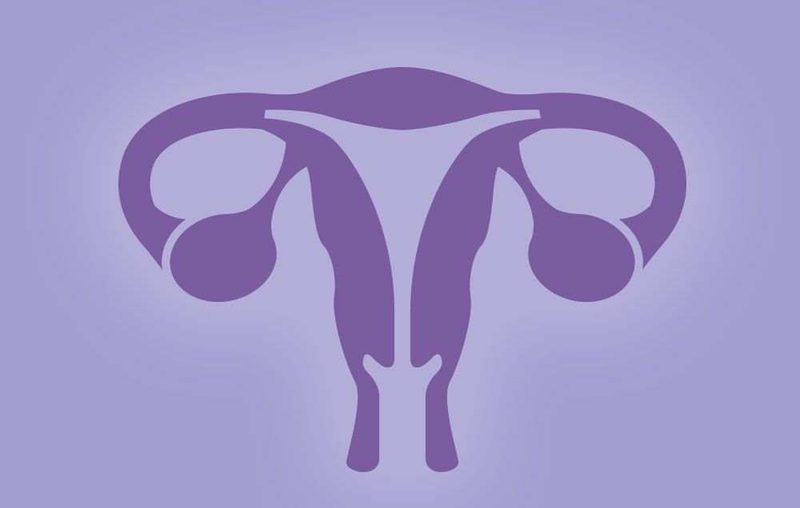Luteal Support after Fertility treatment
LUTEAL SUPPORT AFTER FERTILITY TREATMENT
Dr Amanda Jefferys, BCRM Medical Director
What is the luteal phase?
After ovulation (egg release), hormones (oestrogen and progesterone) are produced by the remainder of the follicle (egg sac) from which the egg was released, known as the corpus luteum. This period of hormone production is known as the luteal phase and continues until the placenta begins to produce oestrogen and progesterone at around five weeks. Progesterone production is vital for embryo implantation and early pregnancy development. Oestrogen also plays vital role in pregnancy development.
How does the luteal phase differ after fertility treatment?
After some fertility treatments, medications given at the time of treatment can impact on hormonal signals sent to the corpus luteum and therefore hormone production. Additional medications may therefore be required after embryo transfer to supplement hormone production by the corpus luteum. This is known as ‘luteal support’. The team at BCRM will tailor your luteal support for you according to the type of treatment you’ve had and your individual circumstances.
What hormones might I have to take?
Progesterone – Most women will need to take some progesterone following an embryo transfer unless it is a completely natural cycle (i.e. reliant on the body’s own natural hormones). Studies have suggested that the best way to take progesterone in this setting is vaginally or rectally as absorption is better than orally. Depending on the preparation progesterone is usually taken two or three times a day. Occasionally supplemental progesterone may be recommended via either subcutaneous (under the skin) or intra-muscular (into the muscle) injection if there are concerns about absorption, however this is necessary only in certain circumstances. Progesterone is commenced prior to embryo transfer: you will be informed by the nursing team when you need to start taking progesterone. Most women will be advised to take progesterone for two weeks which will coincide with the pregnancy test. For most women who have a positive pregnancy test there is no evidence to suggest that extending luteal support beyond two weeks is beneficial – there are a few exceptions to this – this is discussed in the extended luteal support section below.
Oestrogen – For most women undergoing fertility treatments the body is producing enough oestrogen to support pregnancy development. However, following a programmed frozen embryo transfer the body’s natural production of oestrogen is supressed. In addition to progesterone you will therefore also be advised to take oestrogen during the luteal phase.
When might extended luteal support be necessary?
Extended luteal support means continuing progesterone supplementation beyond pregnancy test usually until 12 weeks. Extended luteal support may be advised in the following circumstances:
- After a programmed frozen embryo transfer, as the body isn’t producing any of its own oestrogen or progesterone. Hormonal support is therefore necessary until the pregnancy is fully established.
- In women with a history of recurrent miscarriage. There is some evidence to support continuing progesterone supplementation to 12 weeks and occasionally beyond in women with a history or recurrent (three or more) miscarriages, or women who have suffered one or two miscarriages who bleed in early pregnancy.

